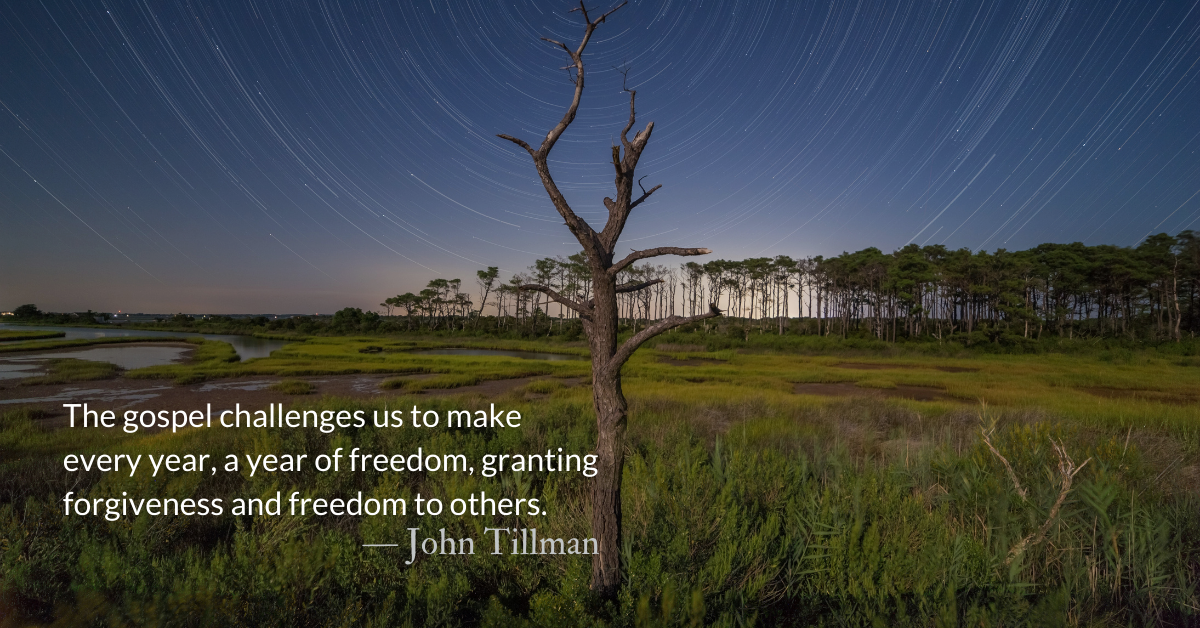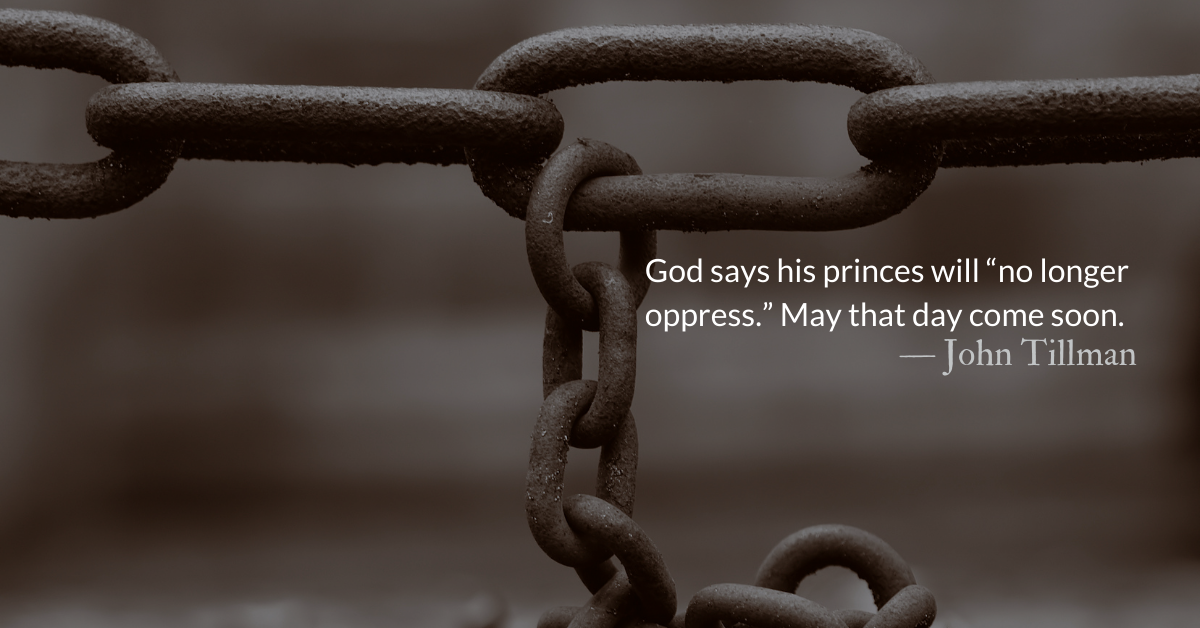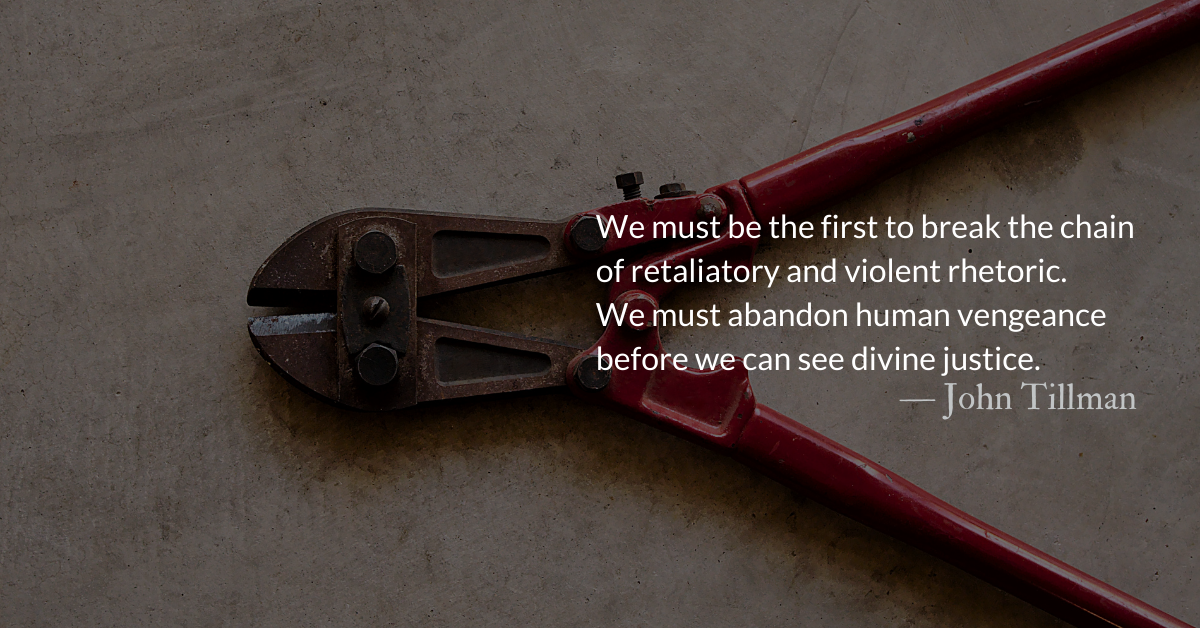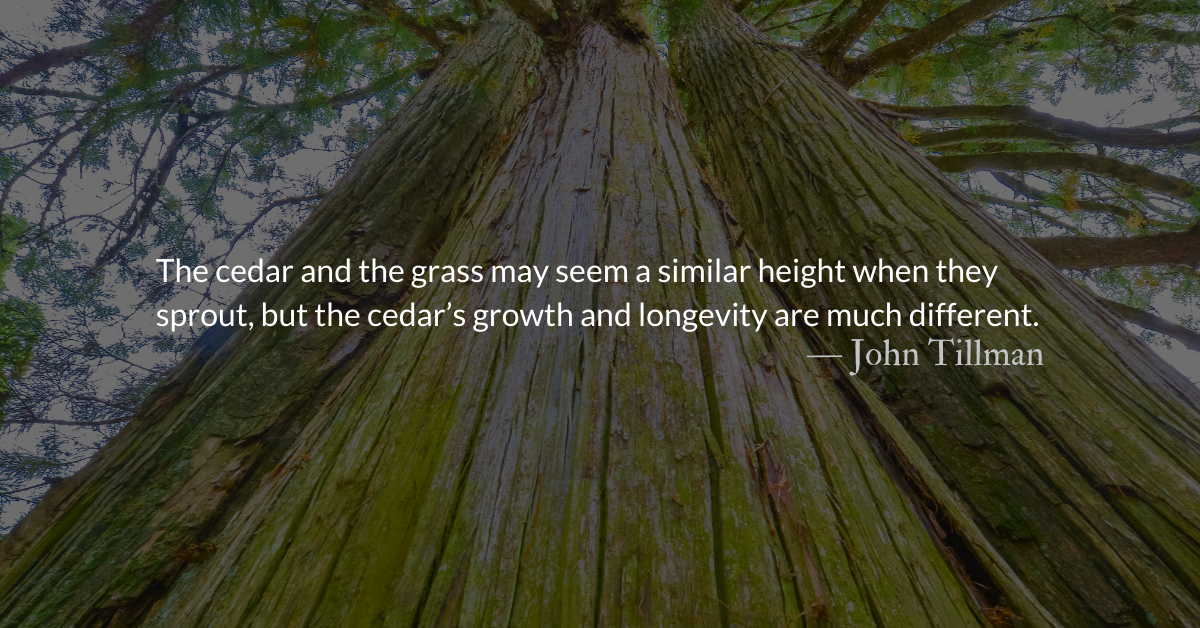Scripture Focus: Ezekiel 47.8-9
8 He said to me, “This water flows toward the eastern region and goes down into the Arabah, where it enters the Dead Sea. When it empties into the sea, the salty water there becomes fresh. 9 Swarms of living creatures will live wherever the river flows. There will be large numbers of fish, because this water flows there and makes the salt water fresh; so where the river flows everything will live.
Reflection: Hope Among the Traumatized
By John Tillman
Ezekiel is unique as an exiled, suffering prophet without power or political influence. When Ezekiel speaks of his home it is with longing and sadness, as a place that he knows he will never see again except in his visions.
Ezekiel is processing his own trauma and ministering to the traumatized. Many prophets bore warnings of future catastrophe. Ezekiel ministered to those for whom, catastrophe was past and present. He often spoke of the future but much of his ministry was making sense of the past.
Ezekiel’s audience was traumatized by the consequences of their own actions. He spoke to people suffering under judgment, those who had been unfaithful. He lived among and served rebels who lost a war and oppressors who became oppressed.
With all of Ezekiel’s baggage, (traumatized, suffering, living among the corrupt, dominated by an evil empire) we might expect to find him embittered, angry, and insufferably judgmental. Wouldn’t we be? Yet, Ezekiel is, more often than not, a prophet of hope.
Ezekiel did teach hard truths and deliver sharp and biting critiques. He pulled no prophetic punches, yet he still, with kid-gloves, delivers God’s messages of hope, love, and restoration.
Ezekiel has unique prophetic experiences. Ezekiel is often transported physically across distances to witness events that happen in Jerusalem and in the transcendent future. Ezekiel, in his visions, sees both the surface reality and the deeper spiritual activity. Rather than a separate spiritual plane, Ezekiel experienced an integrated physical and spiritual world.
Ezekiel gives us one of the strangest, most otherworldly images of God. Ezekiel describes a God so other, holy, powerful, and perfect that we can hardly imagine that he should care for us or that we are somehow expected to be images of him.
In one of Ezekiel’s final visions, water trickles from the Temple into the land, becoming a river. This river of living water from the Temple changes the entire environment, bringing life even to the Dead Sea. Jesus identified himself as this spring, this source, of living water. (John 7.37-39)
We are, each of us, a temple of the Holy Spirit and the living water Jesus and Ezekiel described should flow from us. Traumatized rebels live all around us in a Dead Sea of failures and sins. From our lives may there flow trickles of hope, which combine into a river that brings to life the Dead Sea and brings healing to the nations.
Divine Hours Prayer: The Refrain for the Morning Lessons
Be still, then, and know that I am God; I will be exalted among the nations; I will be exalted in the earth. — Psalm 46.11
– Divine Hours prayers from The Divine Hours: Prayers for Autumn and Wintertime by Phyllis Tickle
Today’s Readings
Ezekiel 47 (Listen – 4:08)
Psalm 103 (Listen – 2:07)
Read more about A Temple for Exiles
God is measuring out a temple of living stones which rest upon the chief cornerstone of Christ.
Read more about Model of an Exile
Ezekiel didn’t preach attempting to prevent the judgment of God—he already lived under it. Ezekiel is an exile. We have this in common with him.











